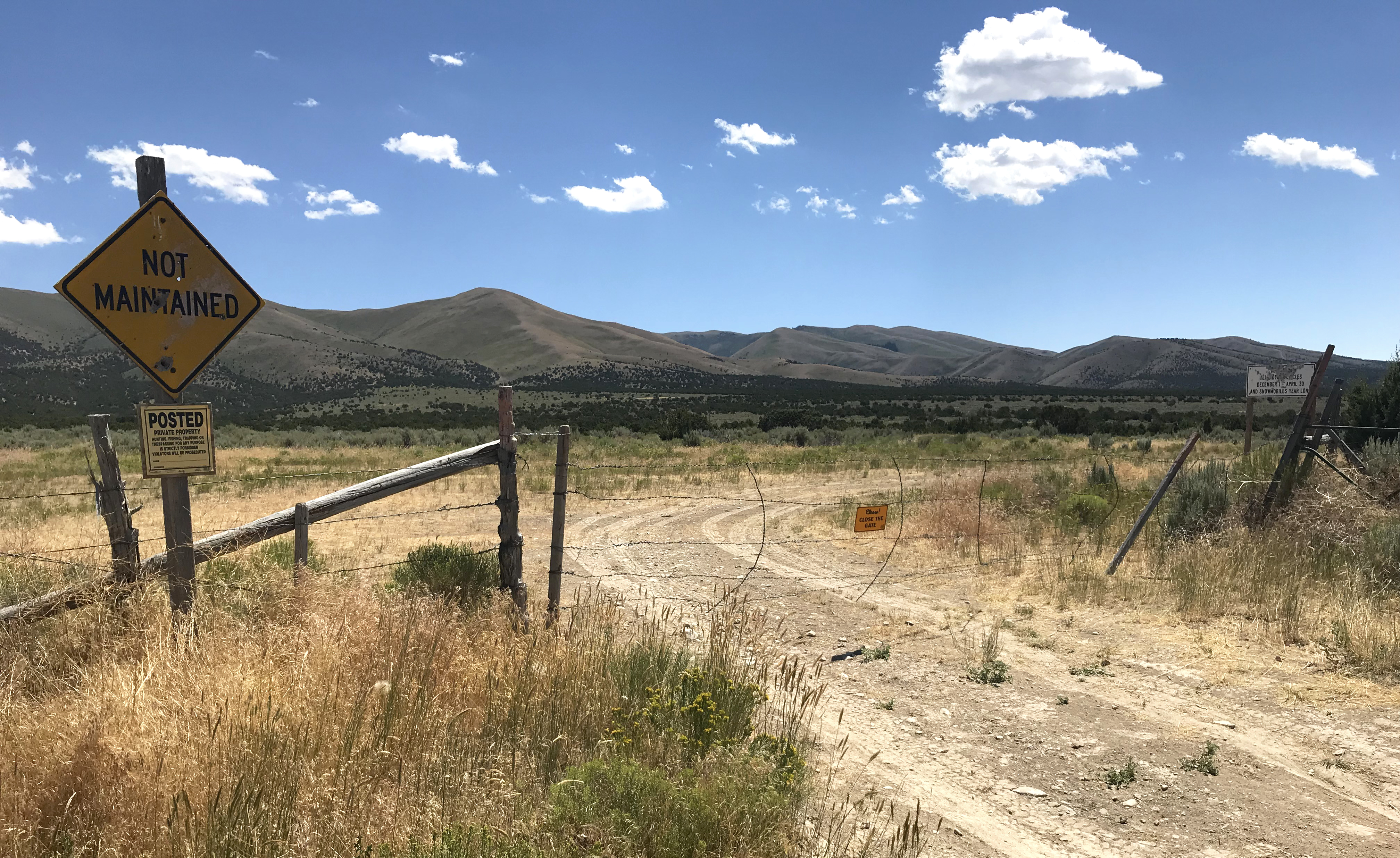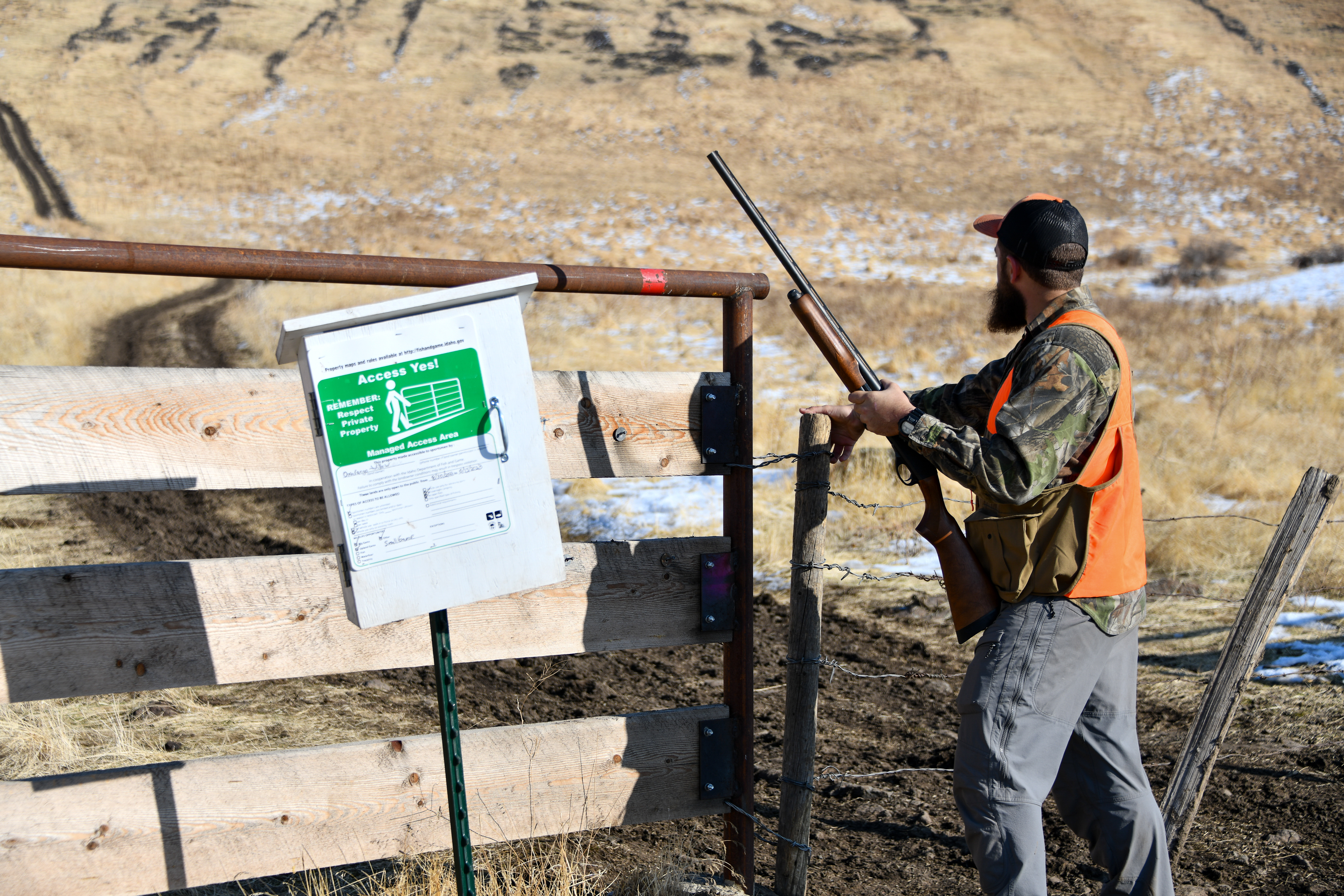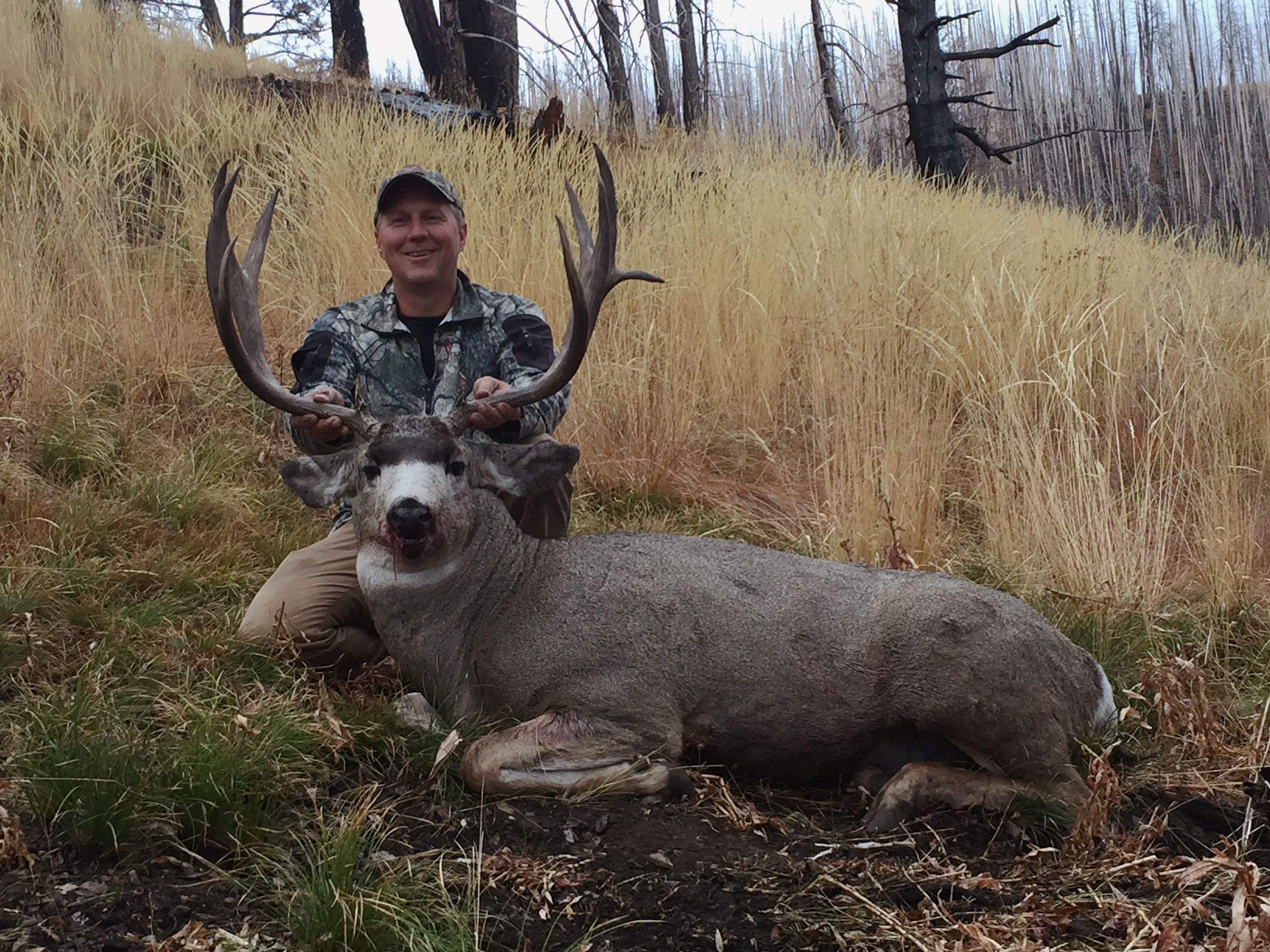Remember the adage “treat others how you would want to be treated?” Well, that doesn’t apply to just elders and grade school teachers. Hunters and private landowners share a unique relationship that often gets overlooked until about a month or so before hunting season opens.
With many of Idaho's hunting seasons in progress or soon to begin, Idaho Fish and Game urges hunters to abide by the above mantra and treat landowners the way they would want to be treated if someone were hunting on their land.




